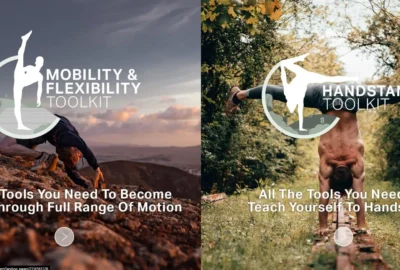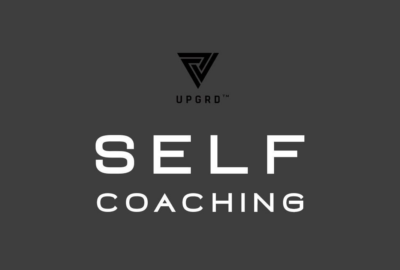
Scott H Young - Learn More, Study Less
How to Learn More with Less Studying
Do you ever spend hours re-reading material that never seems to stick?
Do you struggle with hard concepts that others seem to understand instantly?
Does it feel like you quickly forget the information you worked so hard to remember?
Are your classes consuming your life, but you’re still not getting the grades you want?
These situations are all incredibly common. Many students seem to think the only way to do better is simply to study more. But this ignores the fact that many students can seemingly breeze through tough courses without having to put in nearly the same amount of hours.
Are the students that breeze through hard classes simply more intelligent? While fixed intelligence certainly plays a role, I want to convince you that a lot of the difference between low-effort, successful students and high-effort unsuccessful ones comes down to a difference in method. Smart students don’t just learn better, they learn differently.
I want to teach you how smart people learn, so you can also get great results without the struggle.
In a perfect world, this would have been something you learned in school, alongside math and physics. Unfortunately, schools spend years teaching us what to learn, they rarely, if ever, teach us how to learn. As a result, many students spend years using inefficient methods for learning, without realizing that there’s a better way.
How to Learn Faster
When most people think about learning faster, they think that’s something only geniuses can do. People who get great grades without endless hours of work must be just be smarter than the rest of us. Right?
Wrong!
Research shows that different methods (the kind smart people often use instinctively) can have dramatically different effects—even for normal people like you and me:
- Using deeper levels of processing allowed students in one study to remember twice as much information, using the same amount of review time. [Craik 1972]
- Small differences in how you practice can mean the difference between rapid improvement and staying on a skill plateau forever. [Ericsson 1993]
- Memory can be hacked. Joshua Foer went from mediocre memory to 2005 U.S. Memory Championship winner, able to memorize thousands of items at lighting speed. All using a simple technique I teach in this course. [Foer 2011]
Change Your Methods, Get Dramatic Results
Changing your methods can have dramatic results. I’ve documented this myself, learning MIT’s 4-year computer science curriculum in 12 months.
If this Author or Course helped you improve your life. It is really worth it if you go and buy his/her course. Get feedback, support and help by his/her community. The Author support is much more valuable than the course itself.


